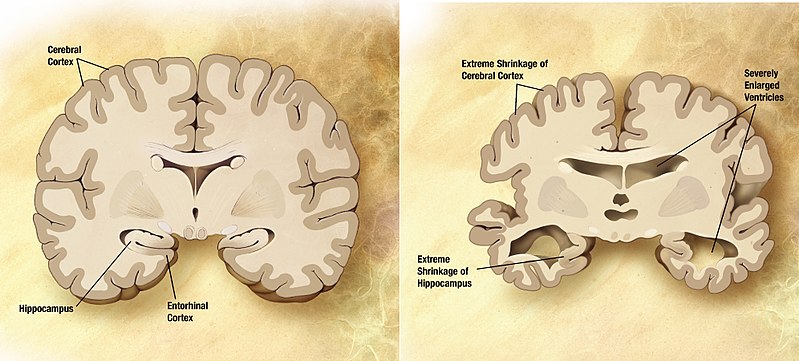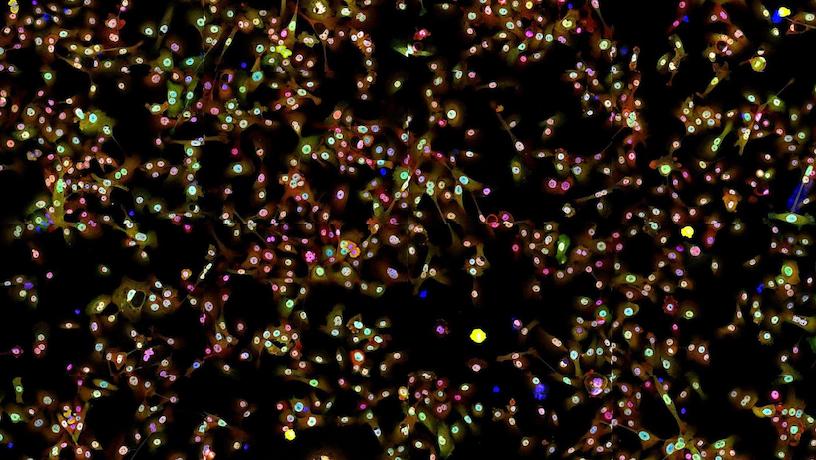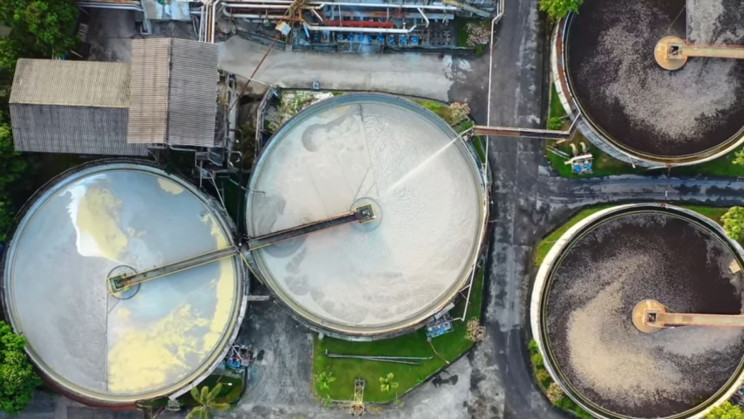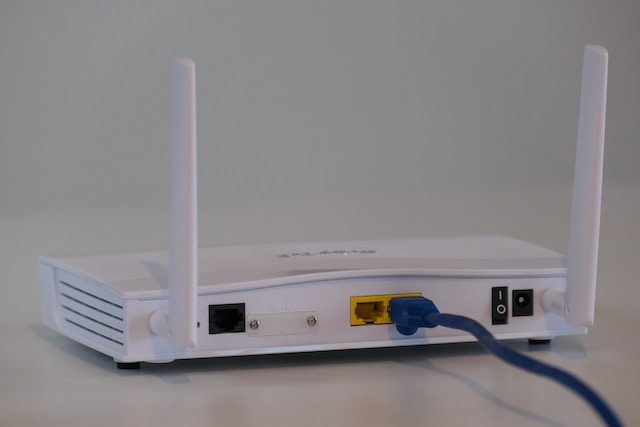Climate change is impacting things large and small, from individual people to entire countries. The general consensus is that reducing the rate and magnitude of climate change can help protect the world’s ecosystems and the well-being of plants, animals, and people. Reports suggest that climate change, migration, and food security are deeply intertwined; if things spiral out of control, the world could be destabilized in serious ways.
Subtle changes to life on planet earth are already raising questions. Take for instance reports that climate change is now altering migration of diseases carried by insects, or that warmer winters are leading to a spike in lime disease. Wildfires are larger and more unpredictable than ever, and rising sea levels could decimate coastal railway services, not to mention cities, around the world.
Given that climate change is a long-term problem measured in decades and centuries rather than the typical 4-5 year time horizon of politicians and businesspeople, humans have a huge hurdle to overcome. The only way forward is to continue improving the collection and analysis of data.
How to Quantify Climate Change
Some of the effects of climate change are easy to monitor and track. But quantifying climate damage is a difficult enterprise. There have been fluctuations in the amount of damage to life and property over the past two decades, and scientists are forced to concede that there is a limited empirical basis for making long-term decisions on what to do about these problems.
Ramping Up Scientific Research on Earth’s Climate
Today more than ever before, satellites and research projects around the globe are detailing biophysical information to assess how climate change is impacting food production and demand, trade, farmland, and more. Thanks to NASA, there are a myriad of ways climate change and its effects are being tracked.
The following two infographics by NASA show how the planet is off balance and the ways NASA is measuring key changes in the atmosphere, on land, and at sea.






